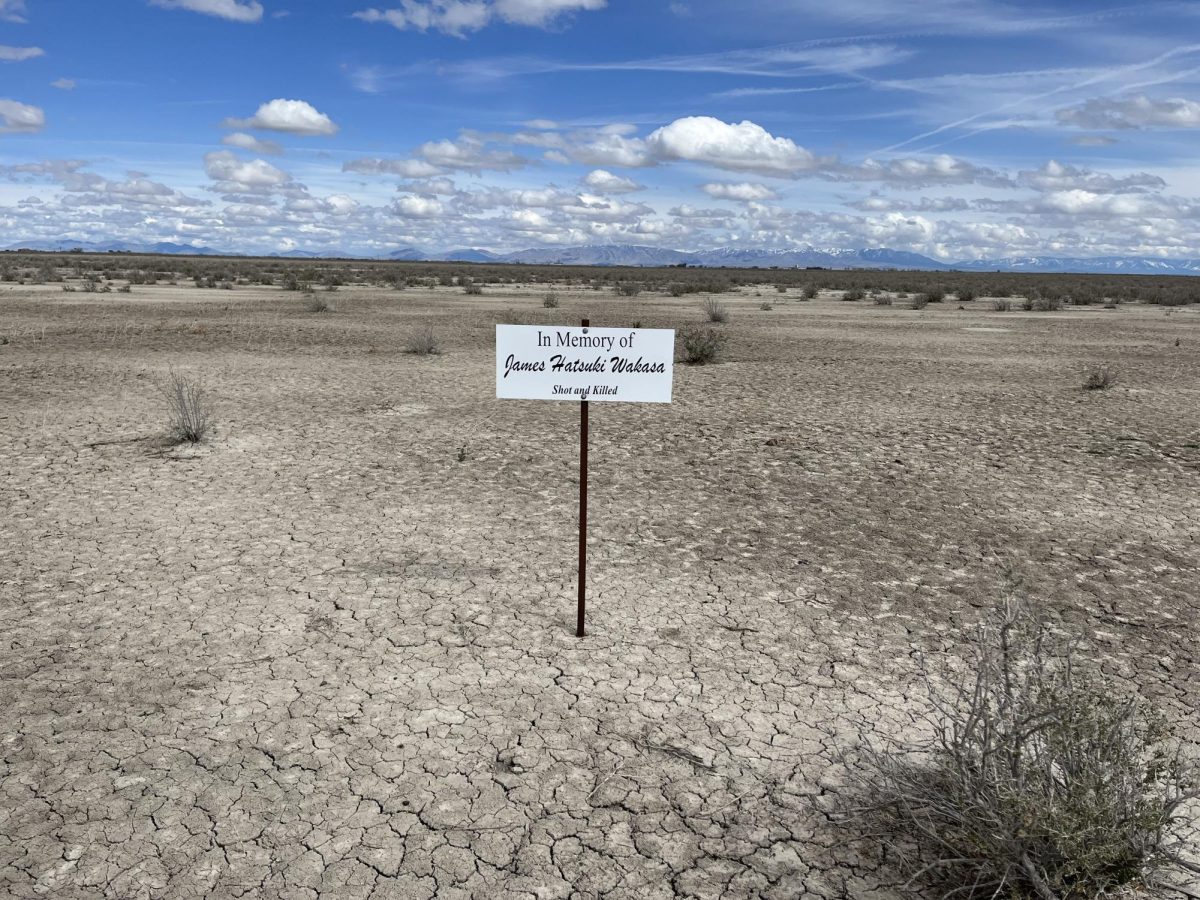Letter to the Editor: The AP Stylebook is Purposefully and Rightfully Prescriptivist
July 18, 2020
On June 27, the Daily Utah Chronicle published an op-ed by the Chronicle’s copy desk on how AP Style disadvantages Black language. While this issue is certainly worthy of discussion, the AP Stylebook’s exclusion of certain idioms of Black language is actually for good reason. Rather than being “harmful” and having “moved beyond consistency into absurdity,” the AP Stylebook’s chief goal is clarity and standardization. This is important because the Associated Press’s English-language publication serves the global Anglophone community and so reflects a global English that is, by nature of its being a style guide, grammatically prescriptivist.
I take issue with the op-ed for a few reasons. Firstly, it assumes a nationalist stance by privileging the Black community in the United States over non-white English-speaking vernaculars around other parts of the world. While the Associated Press is based in the United States, its goal is to provide news coverage in English, Spanish and Arabic to a global audience. This is important because African American Vernacular English (AAVE) can carry unclear meanings that are confusing for readers who are unfamiliar with its vocabulary. A reader in, say, South Korea will have an incredibly difficult time deciphering terms like “irregardless,” a term mentioned in the op-ed. Double-negatives may be widely used in Anglophone countries, but they are grammatically counter-intuitive as a fact, and are, as a result, lacking in clarity.
I also contest the claim that slang words from AAVE are “widely” used in white forms of English. The source referenced in the op-ed does not actually support this characterization, but merely instantiates Ebonics-usage in other forms of English, with no regard to frequency of use or popular spread. Additionally, for the same reasons given above, the AP Stylebook is right to exclude any slang, white or AAVE, for the purposes of clarity and audience comprehensibility. Non-native and non-American speakers of English will struggle with slang terms from not only AAVE, but also from any slang specific to a certain region of the world; for example, California slang or Cockney Rhyming slang. Indeed, many non-Black, non-white Americans of color, such as myself, are not familiar with the slang terms of AAVE.
Finally, I disagree with the op-ed’s attacks on grammatical prescriptivism. Any writing stylebook inevitably needs to make decisions based on some sort of prescriptivist framework. A language is constituted by both descriptivist and prescriptivist boundaries, and any attempt to stifle one or the other causes the language a deficit in richness and quality. Indeed, the ThoughtCo article linked in the op-ed admits that if the rules of prescriptivist grammar are violated, the language works, “but crudely, awkwardly, or rudely.” Naturally, in news writing, awkwardness and crudeness are avoided at all costs, just as clarity and precision are valued at all costs. Thus, why the AP Stylebook uses prescriptivist guidelines in the first place. It’s all in the name of lucidity and standardization. One cannot underestimate the crucial role of these standards.
All of this isn’t to say that the American media doesn’t discriminate unfairly, and often unrepentantly, against the language of the Black American communities. However, it is important to remember that there are many Englishes, and that the agencies who publish style guides must promote only one. Additionally, there is no mandate requiring the media to conform to the standards of one organization. Many news outlets in the United States adjust or tweak the standards of the Associated Press in order to better suit their audiences. It is hypocritical to condemn grammatical prescriptivism while restricting oneself to a published writing style that is, by definition, prescriptivist.
— Samuel Judd, student at the University of Utah







